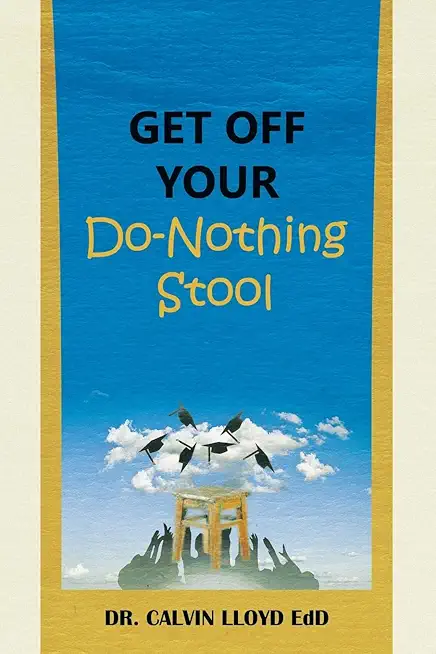
Tragedy has hit home for Marshay Cliff with the murder of her youngest son, Daniel, who was accidentally shot in the head by a cousin while the cousin played with a gun. The murder is a crushing blow for Marshay, and she wants to die also. The pain is too much for her to bear. While there are others hurting over the death of their grandson, their brother, their uncle, and friend, it is Marshay who feels she has lost the most. For a parent to have to bury a child, life itself seems to have been buried as well. There no longer seems a reason to live. But then, pain clears the vision of what life really entails.
Life is not one-sided. Parents who lose a child must find new ways to live in order to function while still accepting and dealing with heartache and pain that comes with death of any kind. The parent must also realize that she is not the only one who hurts or suffers and that regardless of the loss, many people suffer and feels pain due to the death of a loved one. Therefore, Marshay's purpose in Two Faces Equal One Tear is to shed light upon all deceased and their hurting survivors. She aims to demonstrate that though everyone's pain is different and their suffering unique, all can be united in grief. No one should have to deal with the death of a loved one alone, especially the death of a child.
Can the death of a child be overcome? Can love bring joy and happiness back after dealing with such tragedy? Should parents deem their loss greater than the loss of another? Marshay attempts to answer all these questions and more. Enjoy the story of tragedy, love, and God's purpose for life after death.







